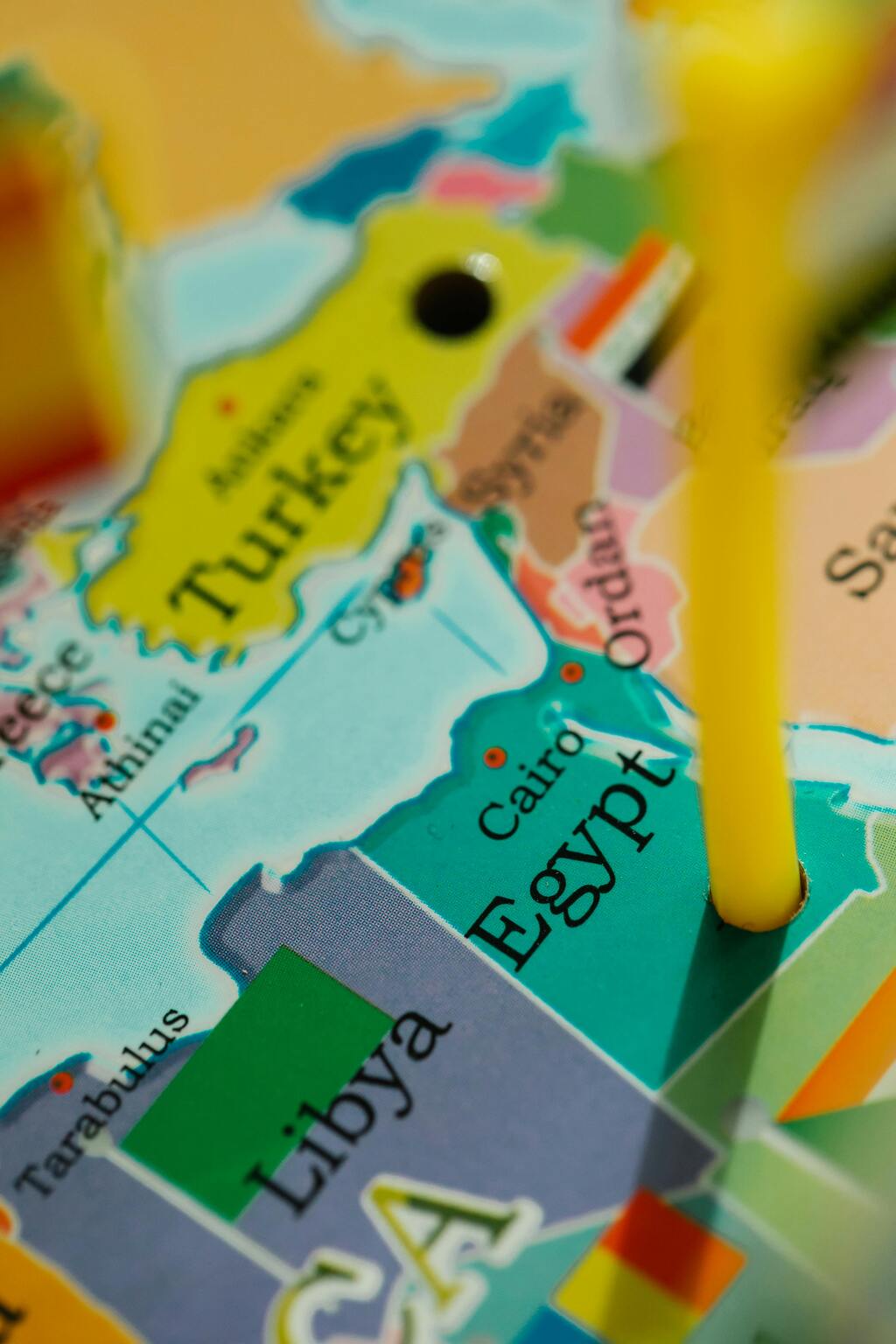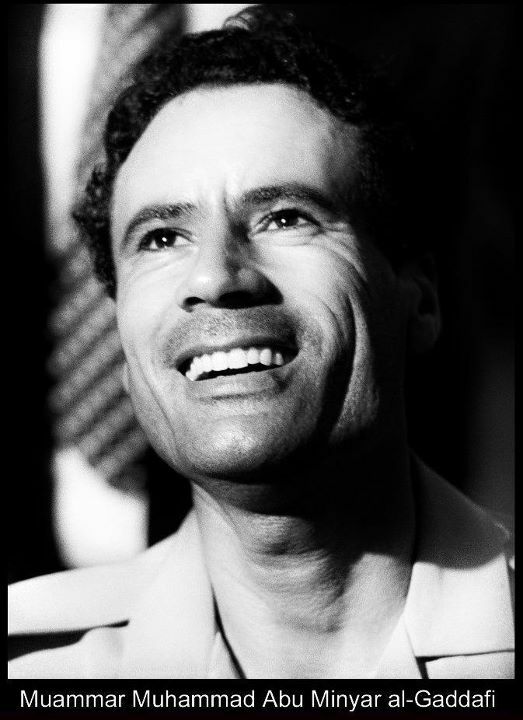
Tripoli, July 4, 2025 –
Tripoli, July 4, 2025 – A shadowy barter-and-smuggling scheme tied to Libya’s oil wealth continues to enrich rival political factions, deepening divisions and undercutting efforts to unify the country post-Gaddafi.
🔁 Barter Scheme Breeds Black-Market Profits With limited domestic refining capacity, Libya trades crude oil to import refined products—petrol, diesel, and kerosene—known as the oil-for-fuel barter.
These fuels are heavily subsidized for citizens. Yet, a substantial portion is diverted—smuggled abroad or sold on the black market via forged documentation. UN experts documented more than 1.125 million tonnes of illicit diesel exports from Benghazi’s old port since March 2022.
This scheme has carved out a lucrative income stream for armed groups aligned with both the eastern administration led by Khalifa Haftar and the UN-recognized Tripoli government under Prime Minister Abdul Hamid Dbeibeh.
💵 Billions at StakeLibya loses an estimated $5 billion annually to smuggling, according to the World Bank. Between 2021 and 2023, fuel subsidies surged from approximately $8.5 billion to $12.5 billion, straining state finances. A Central Bank report lamented that “a litre of fuel costs us one dollar and it is sold for three cents,” highlighting stark subsidy inefficiencies.
⚔️ Political FalloutThe illicit oil revenues have fortified rival administrations, hampering UN-supported efforts for elections, anti-corruption reforms, and national cohesion. Senior analyst Tim Eaton of Chatham House notes these funds are “undergirding the stability we see in Libya” by keeping factions financially afloat.
New entities like Arkenu—linked to Khalifa Haftar's son—have emerged, exporting crude independently and violating Libya’s stipulation that only the National Oil Corporation (NOC) may export oil.
🛑 Legal Moves and Lingering GapsIn response to growing scrutiny, Attorney General Sideeg al‑Sour ordered an end to the barter scheme after an internal Audit Bureau probe. However, with opacity and vested interests entrenched, enforcement remains uncertain.
🔍 The Road AheadExperts agree that dismantling the illicit network requires more than legal edicts—it demands political reconciliation and a unified national oil policy. Without a centralized, transparent mechanism for refining, distribution, and revenue allocation, smuggling will persist.
📰 Why It Matters
These fuels are heavily subsidized for citizens. Yet, a substantial portion is diverted—smuggled abroad or sold on the black market via forged documentation. UN experts documented more than 1.125 million tonnes of illicit diesel exports from Benghazi’s old port since March 2022.
This scheme has carved out a lucrative income stream for armed groups aligned with both the eastern administration led by Khalifa Haftar and the UN-recognized Tripoli government under Prime Minister Abdul Hamid Dbeibeh.
💵 Billions at StakeLibya loses an estimated $5 billion annually to smuggling, according to the World Bank. Between 2021 and 2023, fuel subsidies surged from approximately $8.5 billion to $12.5 billion, straining state finances. A Central Bank report lamented that “a litre of fuel costs us one dollar and it is sold for three cents,” highlighting stark subsidy inefficiencies.
⚔️ Political FalloutThe illicit oil revenues have fortified rival administrations, hampering UN-supported efforts for elections, anti-corruption reforms, and national cohesion. Senior analyst Tim Eaton of Chatham House notes these funds are “undergirding the stability we see in Libya” by keeping factions financially afloat.
New entities like Arkenu—linked to Khalifa Haftar's son—have emerged, exporting crude independently and violating Libya’s stipulation that only the National Oil Corporation (NOC) may export oil.
🛑 Legal Moves and Lingering GapsIn response to growing scrutiny, Attorney General Sideeg al‑Sour ordered an end to the barter scheme after an internal Audit Bureau probe. However, with opacity and vested interests entrenched, enforcement remains uncertain.
🔍 The Road AheadExperts agree that dismantling the illicit network requires more than legal edicts—it demands political reconciliation and a unified national oil policy. Without a centralized, transparent mechanism for refining, distribution, and revenue allocation, smuggling will persist.
📰 Why It Matters
- The illicit fuel trade is draining Libya’s fiscal resources and sustaining armed factions.
- It undermines post-2011 state-building, delaying elections and reform.
- The emergence of private oil exporters signals accelerating fragmentation.
- Libya's path back to stability hinges on reforming oil policy and ending fuel smuggling.
